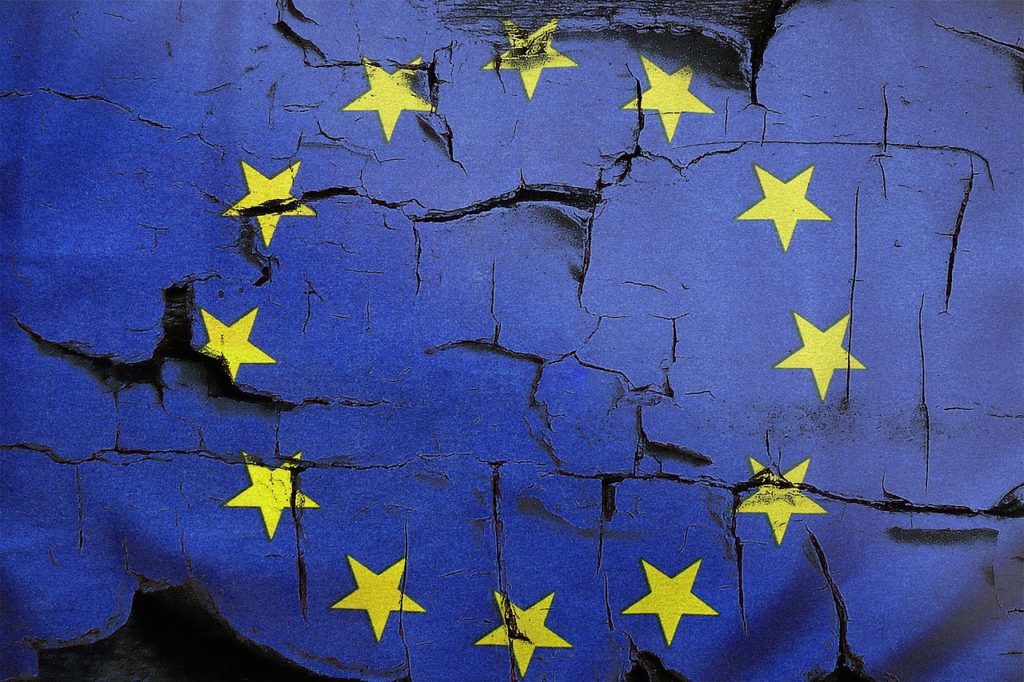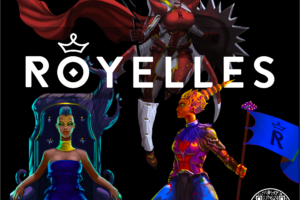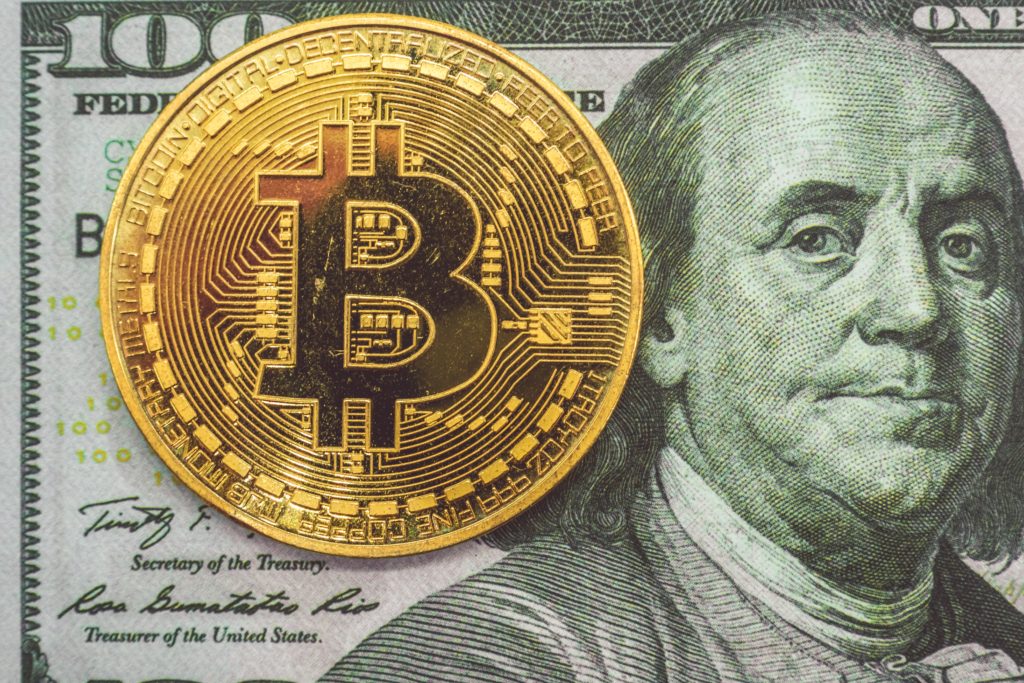
Curiously enough, the cryptocurrency markets don’t seem to have responded yet to the news. Ethereum, Bitcoin, Bitcoin Cash and Litecoin are all maintaining their mini Bullish moment. But just yesterday, the European Parliament voted by a sweeping majority to support the December 2017 agreement with the European Council. This means tighter cryptocurrency regulation, in the hopes of bringing an end to the use of digital coins in financing terrorism and laundering money.
The members of parliament unanimously voted 574 yes votes against just 13 no votes and 60 abstentions.
Why Tighter Cryptocurrency Regulation is Needed
One of the biggest problems (or advantages, depending on how you look at it) of cryptocurrency is its anonymity. While some cursory controls are in place, currently there are not enough controls to prevent money laundering and other criminal activity. Many blockchain experts around the globe have labeled the current cryptocurrency environment akin to the wild west. Lawless and rampant with money laundering and crime.
Under the new legislation proposed by the EU parliament, anonymity of transactions will be the first point to address. This will mean tighter rules for cryptocurrency platforms and exchanges, as well as crypto wallet providers. These entities will now have to register with authorities and must carry out due diligence procedures and more cryptocurrency regulation. This will include KYC and other such verification practices.
This new directive will be enforced right after publication in the Official Journal of the European Union, and then the EU member countries will have 18 months to implement the new rules into their independent nations.
According to Krisjanis Karins, Member of the European Parliament (MEP) and co-rapporteur, “Criminal behaviour hasn’t changed. Criminals use anonymity to launder their illicit proceeds or finance terrorism. This legislation helps address the threats to our citizens and the financial sector by allowing greater access to the information about the people behind firms and by tightening rules regulating virtual currencies and anonymous prepaid cards.”
A Crackdown on Criminal Behavior
Judith Sargentini, co-rapporteur and MEP, added that “billions of euros” each year are drained away through money laundering and tax evasion and avoidance. Moreover, terrorism financing is too easy and going unchecked. This is the money, she stressed, that “should go to fund our hospitals, schools and infrastructure. “With this new legislation,” Sargentini continued, “we introduce tougher measures, widening the duty of financial entities to undertake customer due diligence.”
This new crackdown will also include several penalties across the European Union for anyone convicted of money laundering. The European Council’s December consensus agreement was claimed to be “an important milestone in the fight against organised crime at a European level.”

















Amazing blog! Do you have any tips and hints for aspiring writers?
I’m hoping to start my own blog soon but I’m a little lost on everything.
Would you recommend starting with a free
platform like WordPress or go for a paid option? There are so
many choices out there that I’m totally overwhelmed .. Any suggestions?
Appreciate it!
May I simply say what a comfort to discover someone who really knows what they’re
talking about on the net. You definitely know how to bring a problem
to light and make it important. A lot more people really need
to check this out and understand this side of your story.
I can’t believe you’re not more popular since you
definitely have the gift.
Thanks , I’ve recently been looking for info about this subject for
ages and yours is the greatest I’ve found out so far.
But, what about the bottom line? Are you sure concerning the
supply?
Awesome post.
I loved as much as you’ll receive carried out right here.
The sketch is attractive, your authored subject matter stylish.
nonetheless, you command get got an shakiness over that you wish be delivering the following.
unwell unquestionably come further formerly again since exactly the
same nearly a lot often inside case you shield this hike.
Hi, i think that i saw you visited my website so i came to “return the favor”.I am trying to find things to
improve my site!I suppose its ok to use some of your ideas!!
hydroxychloroquine prescription https://azhydroxychloroquine.com/
costco acetaminophen https://tylenol1st.com/